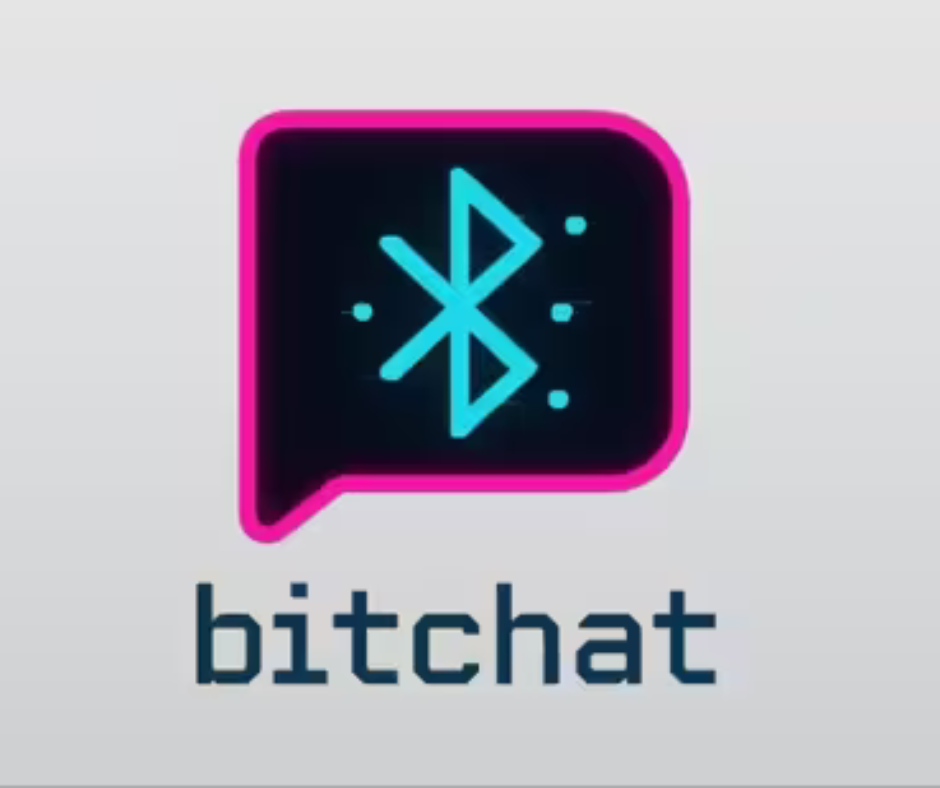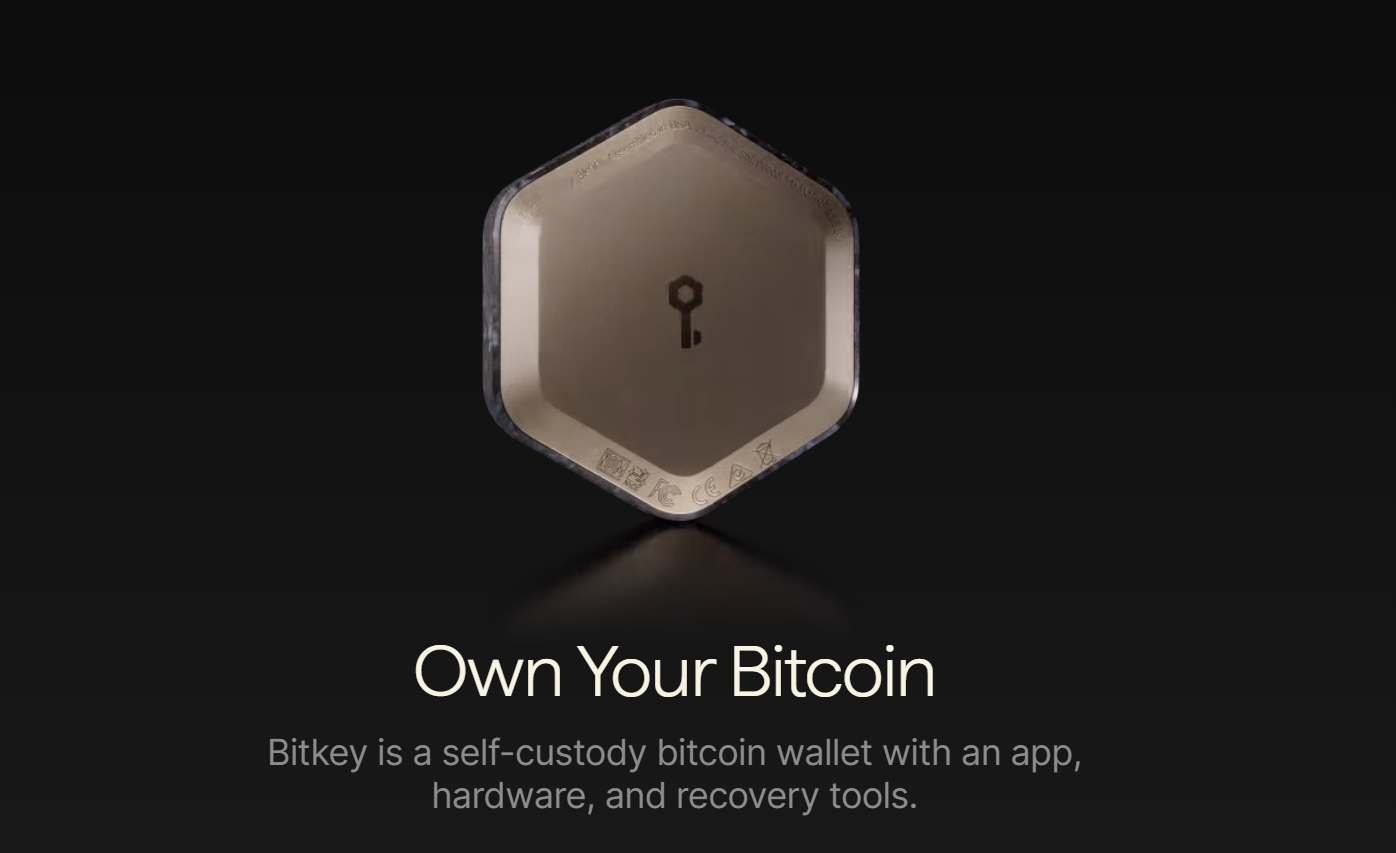Jack Dorsey, co-founder of Twitter and CEO of Block, has unveiled the beta version of BitChat, a decentralised, peer-to-peer messaging app that functions entirely without internet access.
The announcement was made on Sunday through his X account as part of his continued commitment to decentralisation and digital privacy in the communications space.
Unlike traditional messaging platforms that rely on centralised servers or cellular networks, BitChat will operate over Bluetooth Low Energy (BLE) mesh networks.
This means nearby devices can connect directly to form a self-organising network capable of relaying messages across multiple hops without WiFi or mobile data.
BitChat is built on Bluetooth mesh and end-to-end encryption
“BitChat: Bluetooth mesh chat…IRC vibes,” Dorsey wrote in his announcement, referring to the early internet chatrooms that were decentralised and open.
He described BitChat as “my weekend project to learn about Bluetooth mesh networks, relays, store and forward models, message encryption models, and a few other things.”
According to its white paper, the app allows short-range encrypted communication in environments where internet access is unavailable, censored, or unreliable.
Each device within the mesh acts as both a client and a peripheral, allowing messages to jump from one user to another across a 30-meter range.
The system even includes bridge nodes to connect clusters of users who may be out of range from each other directly.
Furthermore, the messaging app is designed with privacy and anonymity at its core. There are no centralised servers, no account registrations, and no need to provide phone numbers or email addresses.
By design, messages are ephemeral, stored only temporarily on the sending and receiving devices, and automatically deleted after delivery or after a short duration.
This app contrasts with mainstream messaging apps like WhatsApp and Messenger, which are owned by data-driven corporations like Meta.
“It provides ephemeral, encrypted communication without relying on internet infrastructure, making it resilient to network outages and censorship,” the white paper notes.
End-to-end encryption is built into every aspect of BitChat. It uses X25519 for secure key exchange, AES-256-GCM for message encryption, and Argon2id to generate passwords for group chat rooms. This combination ensures strong resistance against eavesdropping and brute-force attacks.
It also includes a store-and-forward feature that caches undelivered messages for temporarily offline users and delivers them once they rejoin the network. Messages too large for a single transmission are split into 500-byte chunks for smooth delivery across the mesh.
The app is expected to have many use cases, including during protests, natural disasters, or in regions where censorship and surveillance are prevalent.
“By combining Bluetooth mesh networking, end-to-end encryption, and privacy-preserving protocols, BitChat provides resilient communication that works anywhere people gather, regardless of internet availability,” the white paper concludes.
Now on Apple and other platforms
BitChat is available in beta via Apple’s TestFlight platform and open-source on GitHub. While still experimental, Dorsey emphasised that the project’s long-term vision is to enable private, censorship-resistant communication completely free of corporate or governmental control.
The launch of BitChat follows his previous investments in decentralised social technologies, including his involvement in the Nostr protocol and his now-ended role on the board of Bluesky.
With BitChat, Dorsey appears to be doubling down on the cypherpunk ethos, enabling secure, anonymous communication free from surveillance and gatekeepers.
















